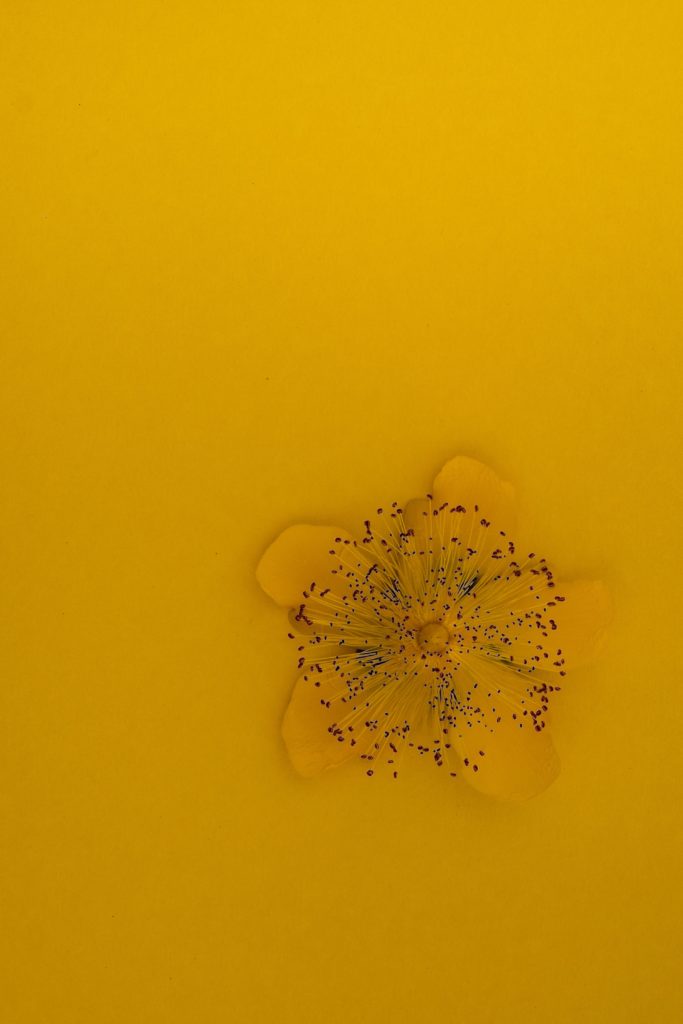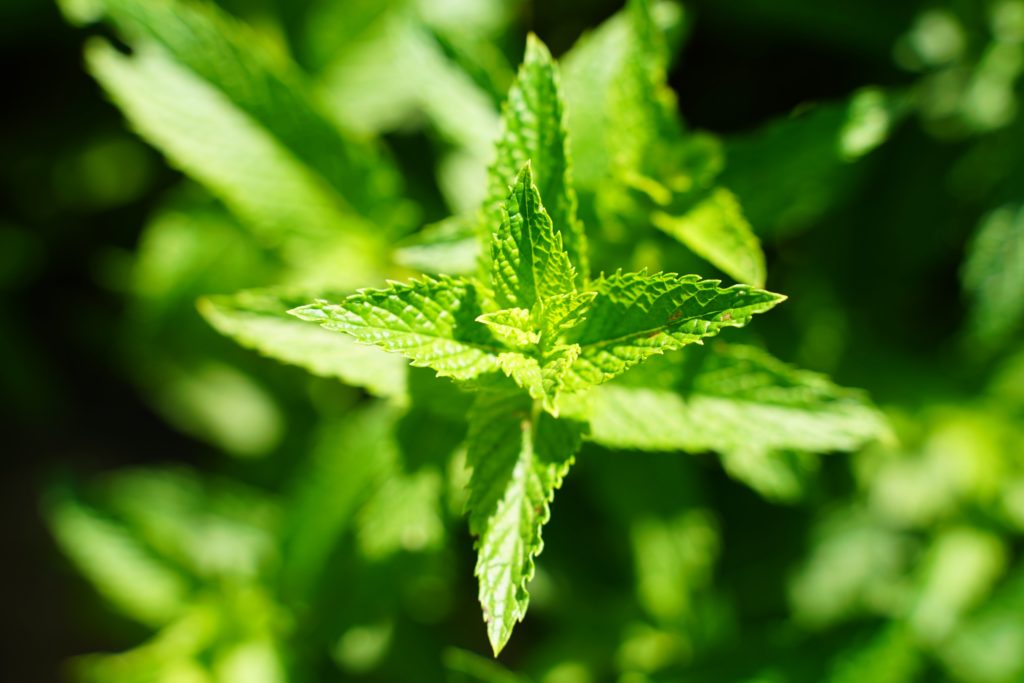Herbs for the nervous system.

We live in a world where stress is common. Fast-paced routines, high-intensity workouts, and sleepless nights. Just to name a few.
One class of herbs I cannot live without, especially today, is nervines.
Nervines can acutely calm, soothe, and address imbalances in the nervous system. They help to restore, strengthen, and nourish this important system directly.
Nervines are herbs you would typically reach for when you’re feeling tense, wound up, nervous, can’t sleep, need a hug, want to chill, or want to get back into your body.
Different types of nervines:
There are three main categories of nervines in herbalism, which include nervine sedatives, nervine hypnotics, and nervine trophorestoratives. The first two categories instantly calm and soothe, with the former specifically supporting sleep, while trophorestoratives take calm to a whole new level as they nourish, feed, and help to restore the nervous system tissues.
Nervine sedatives support you in falling asleep and are gentle enough to be used throughout the day to encourage relaxation on a smaller scale.
Nervine hypnotics, such as Kava, are the next level up in terms of strength – these nervines influence both mental and physical relaxation in small doses, and in larger doses can create a sense of blissful, spacey euphoria. Kava bars are common throughout NYC, which when taken in large amounts can create a wild night for you without the need for a cocktail!
Nervine trophorestoratives go much deeper and nourish the nervous system tissue on a cellular level. This category of herbs works slowly over time to help with both the frequency and intensity of nervousness, irritability, and a sense of physical/mental exhaustion.
The more you use these herbs, the more of a strengthening effect they’ll have.

SOME EXAMPLES OF NERVINES
Lemon Balm – This herb is not only known to be a calming nervine that can help us wind down when we have nervous tension, but also can be uplifting to the mood and spirit as well. Lemon Balm brings light to the spirit and the heart when we feel defeated with despair, which allows us to shine in our full capacity even on the days when we don’t feel our best. This nervine herb helps us align with our compassion towards ourselves and is one of the most fast-acting calming plants I’ve personally ever used. I drink a cup (sometimes two) of Lemon Balm tea every night and it’s truly the best way to end my day.
St. John’s Wort – This herb is part of the nervine trophorestoratives. SJW works to restore and tone a nervous system that has become weakened from long periods if stress, nervousness, tension, or lack of sleep which can deplete the body. St. John’s does not work instantly like Lemon Balm does, so patience is key here. In modern times, there have been hundreds of randomized controlled studies on St. John’s Wort supporting its positive effect on mood, especially when the whole plant is used for us to capture its full spectrum of phytochemicals and antioxidants, including quercetin and lutein.
Passionflower – This calming, soothing and grounding herb is true medicine for the soul. The individuals who benefit most from passionflower are those who are constantly in a state of feeling restless, overwhelmed, and those who feel things deeply and all at once. Traditionally, passionflower is used for nervous system support, sleep support, mood support, stress support, musculoskeletal support, brain support and heart support. An individual suffering from a racing mind would be indicated for passionflower. And we love a good passionflower alternative to over consumption of caffeine.
follow @purelyrootedhealth
© PURELY ROOTED HEALTH, 2021
WEBSITE DESIGN BY CRAFTED BY CARLY
© PURELY ROOTED HEALTH, 2021 | WEBSITE DESIGN BY CRAFTED BY CARLY